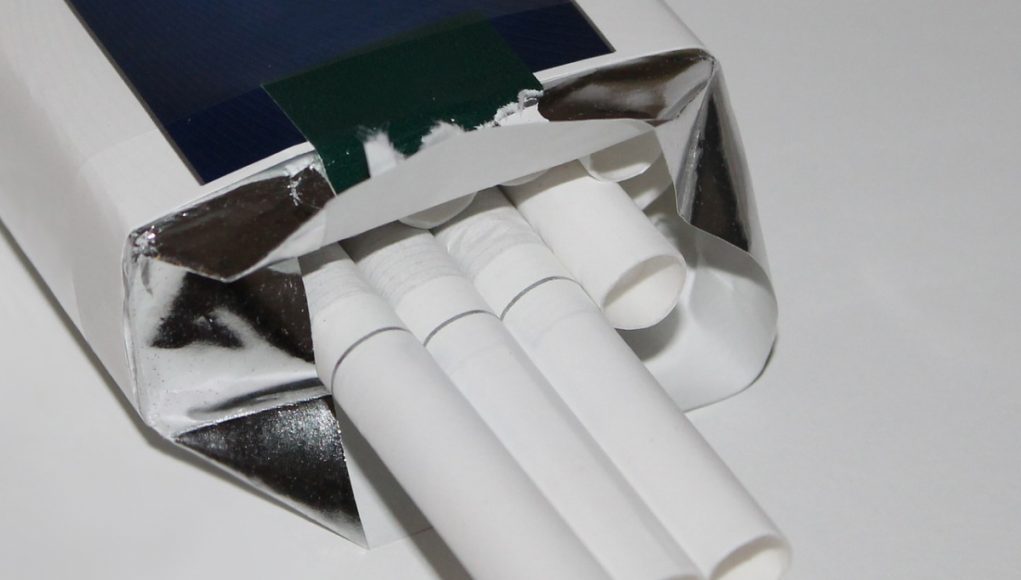In a recent statement, Campaign for Tobacco-Free Kids (CTFK) President Matthew Myers, highlighted that the recent decision by the government of Uruguay allows tobacco companies to market their products in ways that the plain packaging legislation was designed to prevent. “The government has put the interests of the tobacco industry ahead of the health of all Uruguayans,” he wrote.
Big tobacco finds ways to bypass plain packaging
Meanwhile a report in the British Medical Journal’s BMJ Open publication, has pointed out that the world’s major tobacco companies have adopted subtle techniques, to bypass plain packaging regulations and make their packets more recognizable.
Written by academics at the University of Bath, the report is drawing attention to the fact that the world’s major tobacco companies have adopted subtle marketing techniques in order to replace traditional cigarette branding, which in 2016 was banned across the UK. One of the MPs who had devised the plain packaging legislation, is urging ministers to review the measure in order to eliminate loopholes as detailed in the report.
The researchers found that ahead of the one-year “sell-through” period, tobacco companies increased the production of cigarettes in order to have more stock of the branded packs. In the meantime, the manufacturers came up with innovative ways to somehow still make their plain packets distinctive.
For example, Philip Morris International (PMI) redesigned its premium Marlboro range, adding bevelled edges and a new “pro-seal” closing mechanism to packets, the researchers found. This made their packs “appear more premium and recognizable compared to other brands,” said the researchers.













